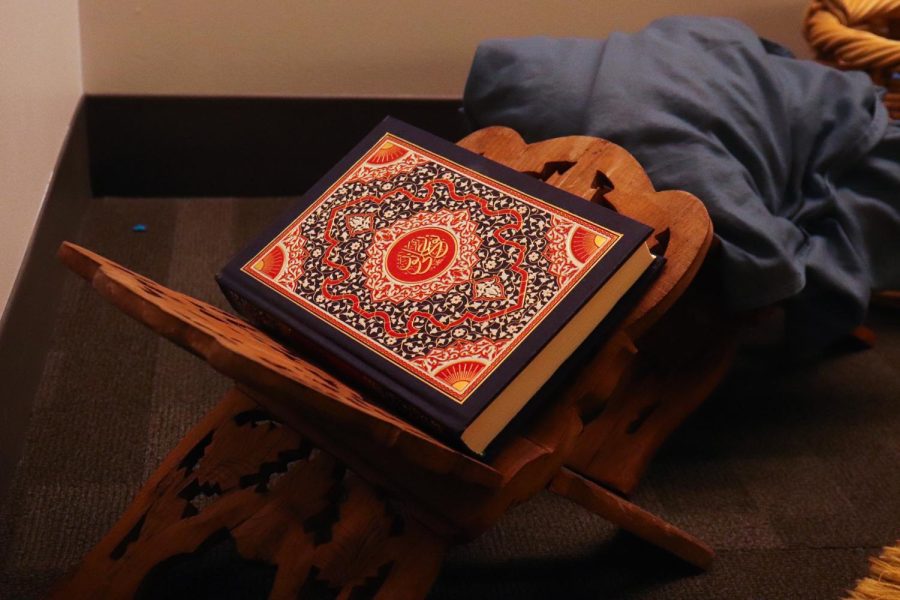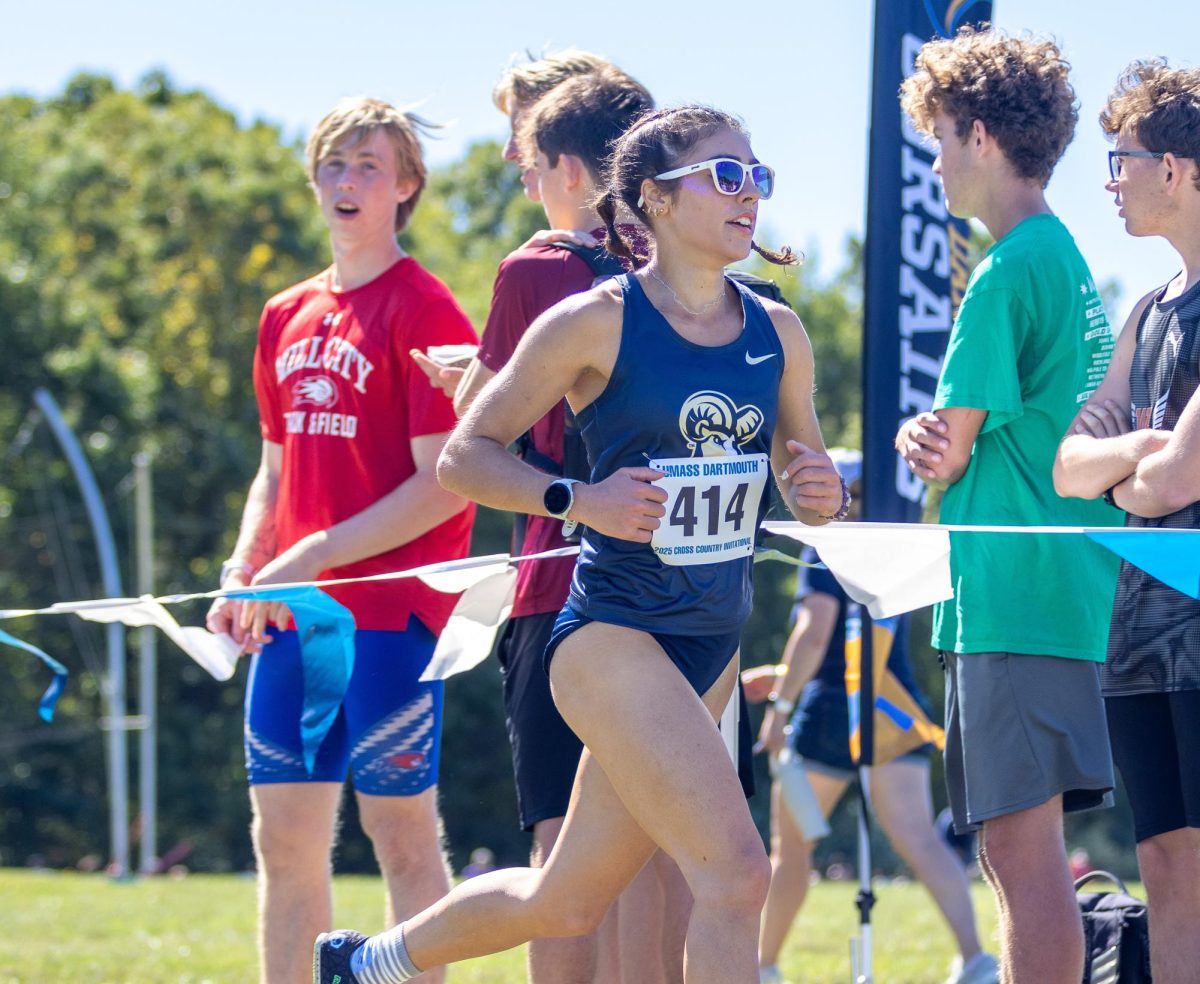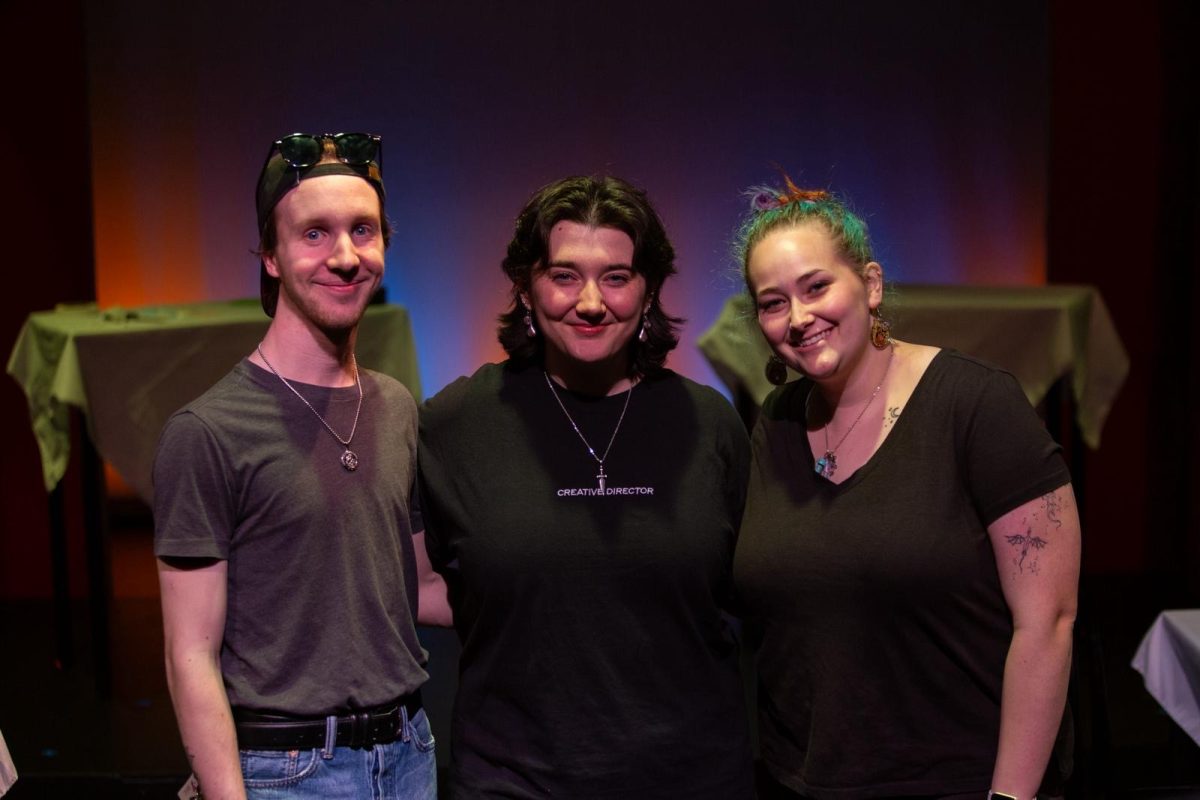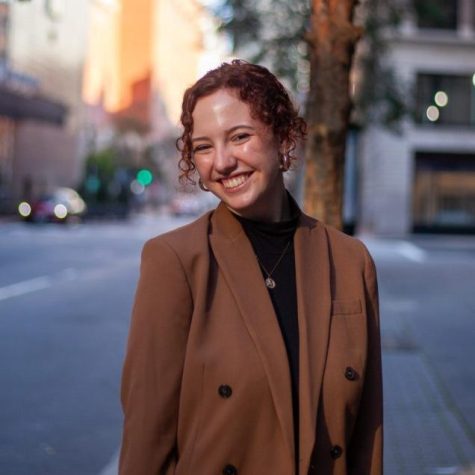While Ramadan is often simplified into four weeks of fasting, Suffolk student Hanan Tuffaha said the holy month is much more than abstaining from eating.
“It’s a time to focus on yourself and to reflect on who you are as a person, without comparison to others,” said Tuffaha, a sophomore English major. “It’s important to remember that you are allowed to observe Ramadan in the way that feels most authentic to you.”
This year, Ramadan is being observed from April 1 to May 1 and marks a time of prayer, reflection and community for over 2 billion Muslims around the world.
Suffolk University’s Interfaith Center and Arab Student Association are hosting events over the course of the month to foster a community for Muslim students on campus.
Rev. Amy Fisher, Suffolk’s chaplain and director of the Interfaith Center located in Sawyer 823, spoke about resources for students observing Ramadan on campus.
“In the Interfaith Center, you will see prayer rugs facing the direction of Mecca and the 99 attributes of Allah in Arabic. Down the hall is Sawyer 827, which is our dedicated ablution area.” Fisher said.
The ablution area is a space for students who practice wudu, the Islamic ritual of cleansing parts of one’s body for purification before prayer.
Throughout the year on Tuesdays at 1 p.m., the Interfaith Center hosts “Muslim Conversations,” a discussion group for Muslim students and allies. The group’s purpose is to facilitate community and provide a space for students to express themselves where they may not be able to otherwise.
Asma Akbar, a freshman politics, philosophy and economics major, said while there are challenges that arise while being a student observing Ramadan, finding a balance is key.
“This is the first Ramadan without my family around me, and although it has been challenging to find similar meals my mom used to cook, I feel like I have become more disciplined,” said Akbar. “I am able to wake up and eat at 4 a.m. [most days], maintain my social life, go to clubs and commitments while balancing prayers throughout the day.”
As a freshman at Suffolk, Akbar said organizations like SGA, along with the Interfaith Center and Suffolk dining, have helped spread awareness surrounding Ramadan throughout campus.
The Interfaith Center, SGA and Suffolk Dining collaborated to provide students with Suhoor Meal Kits, which are available to pick up in Smith Cafe in Samia, 150 Tremont Cafe and Sargent Cafe. These meal kits aim to provide food for Suhoor, a meal that is consumed before the sun rises in the morning prior to fasting during the day.
Angela El-Jazzar, president of SGA, said she wanted to ensure students observing Ramadan had food to eat when they were able to break their fast.
“We wanted to make sure students were provided with a meal during non-hours of operation and from the safety of their own dorms,” said El-Jazzar. “Being part of the Arab Student Association at Suffolk, I am humbled to see and work with the executive board to continue strides to recognize Ramadan and allow for the Arab, and Islamic communities on campus to connect during these times, especially when they are away from family.”
The Interfaith Center also provides students with water and dates every night at sundown, when Muslim people break their fast during Ramadan.
Akbar said these programs allow Muslim students to feel seen and recognized by the university.
“Ramadan is definitely not easy for many, and these small gestures help students on campus a lot. I would love to see more opportunities to have group Iftar events, like the ones the Arab Student Association hosts,” she said.
Akbar added that non-Muslim students can further support their peers by eating with them to reduce a feeling of isolation.
“If your Muslim friend is breaking their fast, offer to go to a dining hall and eat with them,” said Akbar. “Usually, we break our fast at home with our families or at the mosque with many people around us, and at school, it gets lonely and unmotivating going to the dining halls alone at night.”
Not all Muslims choose to fast, however. Whether it is because of health or personal preference, those who don’t choose to fast may feel excluded from events centered around food, Tuffaha said.
“One way we could support our Muslim students is by holding more events during Ramadan that can be focused around healing, rather than being so food-oriented, as that can create a lot of anxiety and guilt,” said Tuffaha.
To Akbar, Ramadan is a chance to get closer to her faith.
“Personally, it is a long time of reflection for me and I am able to do that while praying. This month, I try my best to donate consistently, seek forgiveness for things I have done in the past, pray and help out communities I am part of,” she said.
ASA will be hosting Bring a Dish Iftar Wednesday from 7 – 9:30 p.m. in Samia 217.
For further resources and future events, follow the Interfaith Center on Instagram @su_interfaith.






















Amy L. Fisher • Apr 20, 2022 at 8:36 am
Ramadan Mubarak from the Interfaith Center !